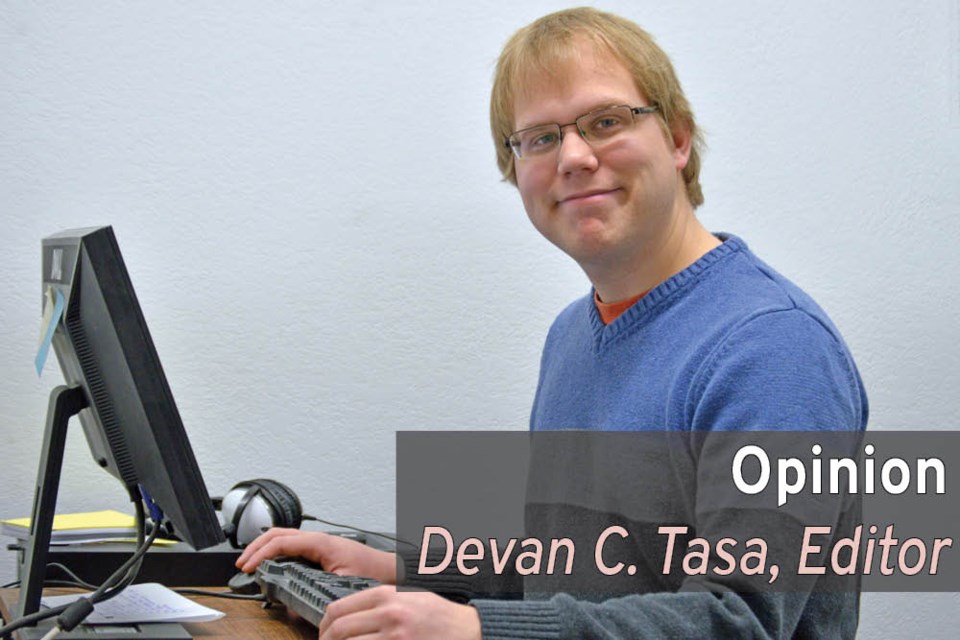Bill Gates, Warren Buffett, Carlos Slim, Jeff Bezos, Mark Zuckerberg, Amancio Ortega, Larry Ellison and Michael Bloomberg.
These eight men have as much wealth as the world’s poorest 3.6 billion people, according to anti-poverty organization Oxfam.
Closer to home, Canada’s 100 highest-paid CEOs in 2015 earned the wage of an average worker – $49,510 – by 11:47 a.m. on the first working day of the year, according to left-leaning think tank the Centre for Canadian Policy Alternatives. By the way, the average wage of a Tisdale resident, according to Statistics Canada’s National Household Survey of 2011, is $35,810.
In a world where elections can be won by promising walls along borders and scrapping trade deals to help manufacturing regions hard-hit by globalization, I expect the ever-increasing wealth gap between the average person and the rich to continue to be an issue.
In the United Kingdom, the leader of the opposition Labour party, Jeremy Corbyn, is calling for a maximum wage – giving as much detail as Donald Trump’s plan to make Mexico pay for a wall the United States would build.
Would such a hard cap be possible – or even work? I sincerely doubt it. Yet there are other tools that could be used to achieve the same sentiment.
One could refuse to give subsidies – or increase taxes – on companies that pay their chief executives more than 100 times the median wage of their workers. Or, even simpler, adjust the income tax system so that richer people pay more in tax.
There’s also the other argument: the investments of the rich generate economic activity that would benefit the average person more than simply redistributing wealth. Whether that’s the case or not is the debate between entire ideologies.
As long as the wealth gap between people grows, so does the appeal of the out-of-the-box solutions.




